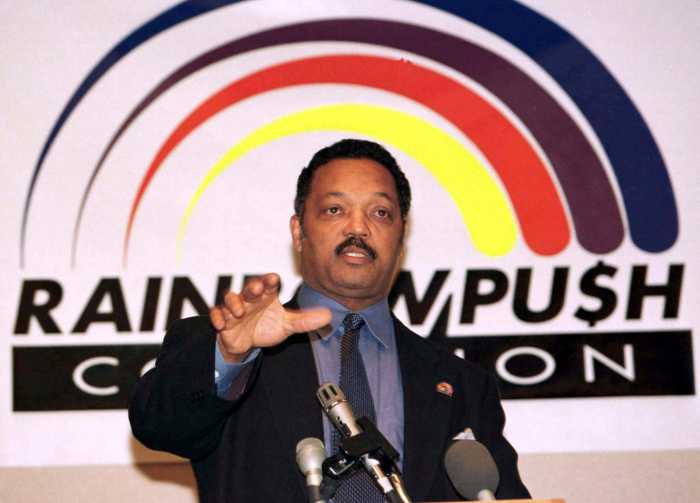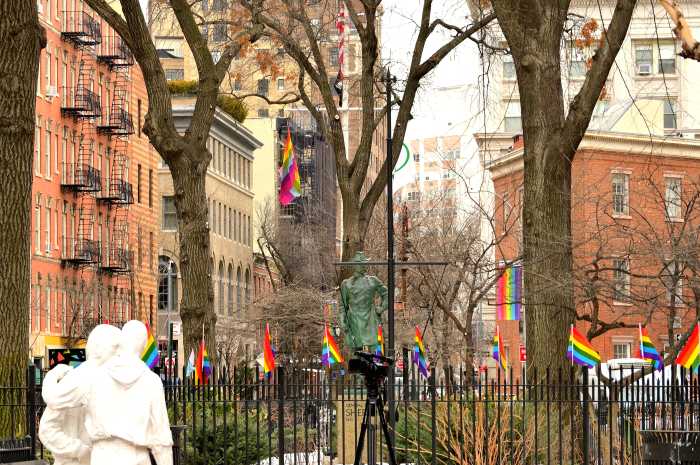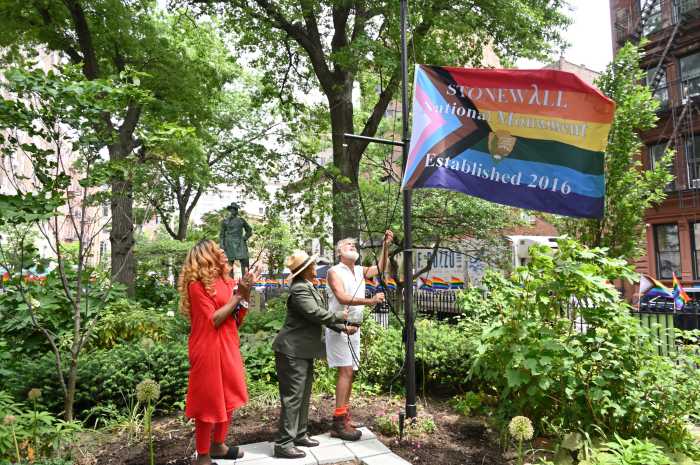A transgender woman serving on death row in Missouri was executed by lethal injection on January 3 in a case that raised serious questions about judicial fairness and featured transphobic rhetoric by the state’s governor during the final hours of her life.
Officials in Missouri said Amber McLaughlin, 49, died at 6:51 p.m. local time at Eastern Reception, Diagnostic, and Correctional Center. Multiple news reports described McLaughlin as the first out transgender person to be executed under the death penalty in the United States.
McLaughlin was serving time for raping and killing her ex-girlfriend, Beverly Guenther, in 2003. She was convicted in 2005, but the jury in St. Louis County deadlocked after failing to deliver a sentence.
The case was ultimately left up to a judge, who sentenced McLaughlin to death in 2006. Missouri gives judges the power to sentence individuals when juries are unable to reach a unanimous conclusion.
A federal district court later paved the way for a new sentence for McLaughlin, but in 2021, the US Court of Appeals for the Eighth Circuit reversed the decision.
An online petition with nearly 5,700 signatures stressed that McLaughlin, who was adopted, endured abuse during her childhood and suffered from mild neurological brain damage. McLaughlin’s adoptive father, a police officer, “would use his taser and nightstick on her” and both parents allegedly withheld food from her, according to the petition on actionnetwork.org.
“Amber McLaughlin never had a chance,” McLaughlin’s attorneys wrote in a petition for commutation. “She was failed by the institutions, individuals, and interventions that should have protected her, and her abusers obstructed the care she so desperately needed.”
McLaughlin issued a remorseful final public statement on January 1.
“I am sorry for what I did,” McLaughlin said. “I am a loving and caring person.”
None of that swayed GOP Governor Mike Parson, who released a written statement on January 3 explaining that the state would proceed with the execution. The transphobic language in Parson’s press release — which deadnamed McLaughlin twice — suggested that the governor’s refusal to grant clemency was a foregone conclusion regardless of efforts to halt the execution.
“McLaughlin’s conviction and sentence remains after multiple, thorough examinations of Missouri law,” Parson stated. “McLaughlin stalked, raped, and murdered Ms. Guenther. McLaughlin is a violent criminal. Ms. Guenther’s family and loved ones deserve peace. The State of Missouri will carry out McLaughlin’s sentence according to the Court’s order and deliver justice.”
In a statement issued after McLaughlin’s death, Parson again referred to McLaughlin by her dead name.
McLaughlin’s death comes nearly three years after a gay man, Charles Rhines, was executed for a 1992 murder despite concerns that the jury was tainted by homophobic statements made by jurors. In that case, the South Dakota attorney general acknowledged that one juror joked that Rhines would have enjoyed spending his life in an all-male prison due to his sexual orientation.
Rhines was convicted of killing Donnivan Schaeffer during a robbery of a donut store in Rapid City, South Dakota.



































